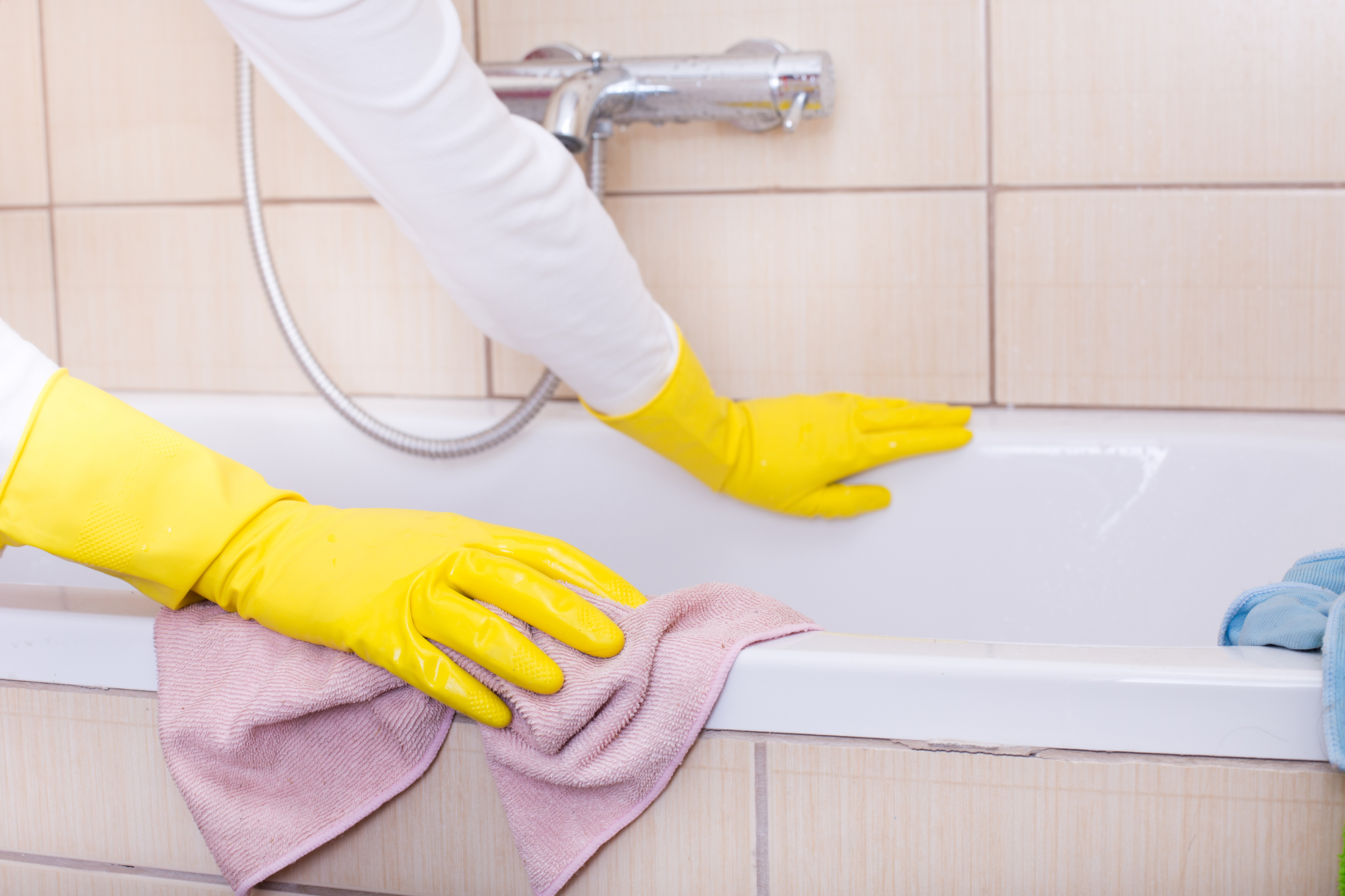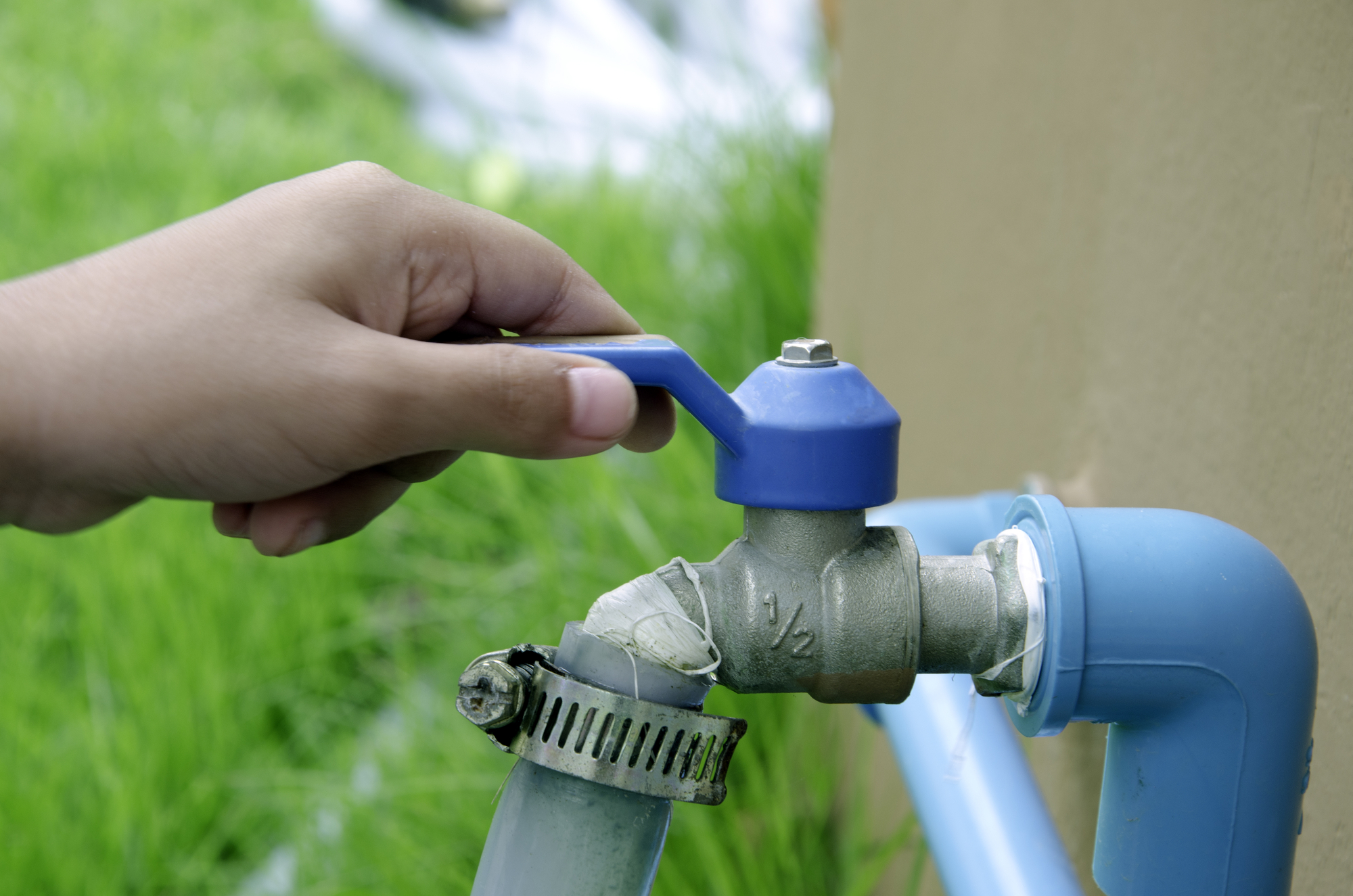As the world becomes increasingly aware of the environmental impact of our daily activities, industries of all kinds are looking for ways to improve their sustainability, and the plumbing industry is no exception. The University of Wisconsin-La Crosse (UWLA) has recently conducted research that has unveiled some exciting possibilities for better water and energy efficiency in plumbing systems.
One of the key findings of the UWLA study is that plumbing professionals can play a significant role in reducing the amount of energy and water used in buildings. This can be achieved through a variety of measures, such as using energy-efficient pumps and motors, improving insulation, and ensuring that water heaters are properly sized and maintained.
One of the most exciting developments in plumbing industry innovation is the increasing use of smart technology. Smart devices and sensors can be used to monitor water usage in real-time, alerting building managers to leaks and helping to identify potential problems before they become serious. By using data analytics, building operators can identify where water usage can be reduced, which can have a significant impact on the overall energy efficiency of a building.

Another area where plumbing professionals can make a difference is in the design of plumbing systems. In the past, plumbing design was often driven purely by functionality, with little consideration given to energy efficiency or environmental impact. However, the UWLA study shows that design can play a significant role in reducing water and energy usage.
Efficient plumbing system design involves a careful analysis of a building’s water usage patterns, as well as the use of advanced materials and technologies. For example, low-flow faucets and showerheads can significantly reduce the amount of water used without sacrificing pressure or flow rate.
One thing that is often overlooked when it comes to plumbing efficiency is maintenance. Regular maintenance of plumbing systems can help to identify leaks and other problems before they become serious, which can save a significant amount of water and energy over time.
Furthermore, regular maintenance can help to ensure that plumbing systems are operating at peak efficiency, reducing the amount of energy needed to heat water or pump water through the building. This includes cleaning clogged drains and maintaining water heaters to keep them functioning efficiently.

Another area where the plumbing industry is making strides is in the development of new materials and technologies that are specifically designed to improve water and energy efficiency. For example, there are now water heaters that can generate hot water on demand, reducing the amount of time that water needs to be heated and the amount of energy that is used in the process.
Overall, the UWLA study shows that the plumbing industry has the potential to play a significant role in improving water and energy efficiency in buildings. Whether through the use of smart technology, improved design, or regular maintenance, plumbing professionals can make a real difference when it comes to reducing energy usage and protecting our planet’s resources.
As a plumbing services company, we pride ourselves on staying up to date with the latest trends and innovations in the industry. We are committed to providing our customers with the most efficient and sustainable plumbing solutions available, from water-saving faucets and showerheads to advanced water heater technology.
If you are looking to improve the water and energy efficiency of your building, we are here to help. Contact us today to learn more about our services and how we can help you to reduce your environmental impact and save money on your utility bills.





